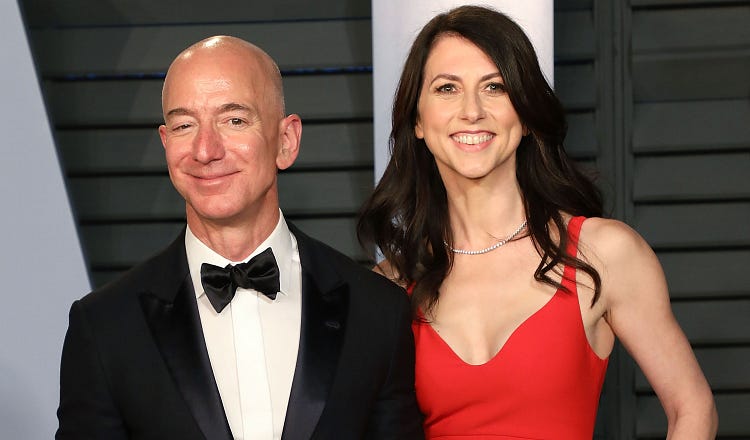The American Aristocracy Tries to Fight Racism. It's Not Working.

MacKenzie Scott attends the 2018 Vanity Fair Oscar Party with her now ex-husband, Amazon CEO Jeff Bezos on March 4, 2018 in Beverly Hills, California. (Taylor Hill/FilmMagic)
Mackenzie Scott’s gift to Whittier College represents less than a third of one percent of all the money she gave last year. But it has transformed the school. And not for the better.
144
In November 2020, when MacKenzie Scott’s people emailed Linda Oubre, the president of Whittier College, to ask for the school’s bank information so they could deposit a gift of $12 million, no strings attached, Oubre thought it was a scam. The small, liberal-arts college in east Los Angeles had never received a donation that big.
On December 15, 2020, S…
Continue Reading The Free Press
To support our journalism, and unlock all of our investigative stories and provocative commentary about the world as it actually is, subscribe below.
$8.33/month
Billed as $100 yearly
$10/month
Billed as $10 monthly
Already have an account?
Sign In

